Former One Direction star Liam Payne has made headlines following a tragic incident in Buenos Aires, Argentina. Reports confirm that Payne had consumed multiple substances before falling from the third-floor balcony of his hotel, leaving fans and the public shocked and heartbroken. The Buenos Aires police confirmed to The New York Times that toxicology results revealed the presence of several drugs in Payne’s system, and these findings have now been submitted to prosecutors for further investigation. According to initial accounts, Payne may have experienced extreme emotional highs and lows, leading to erratic behavior prior to his fall.
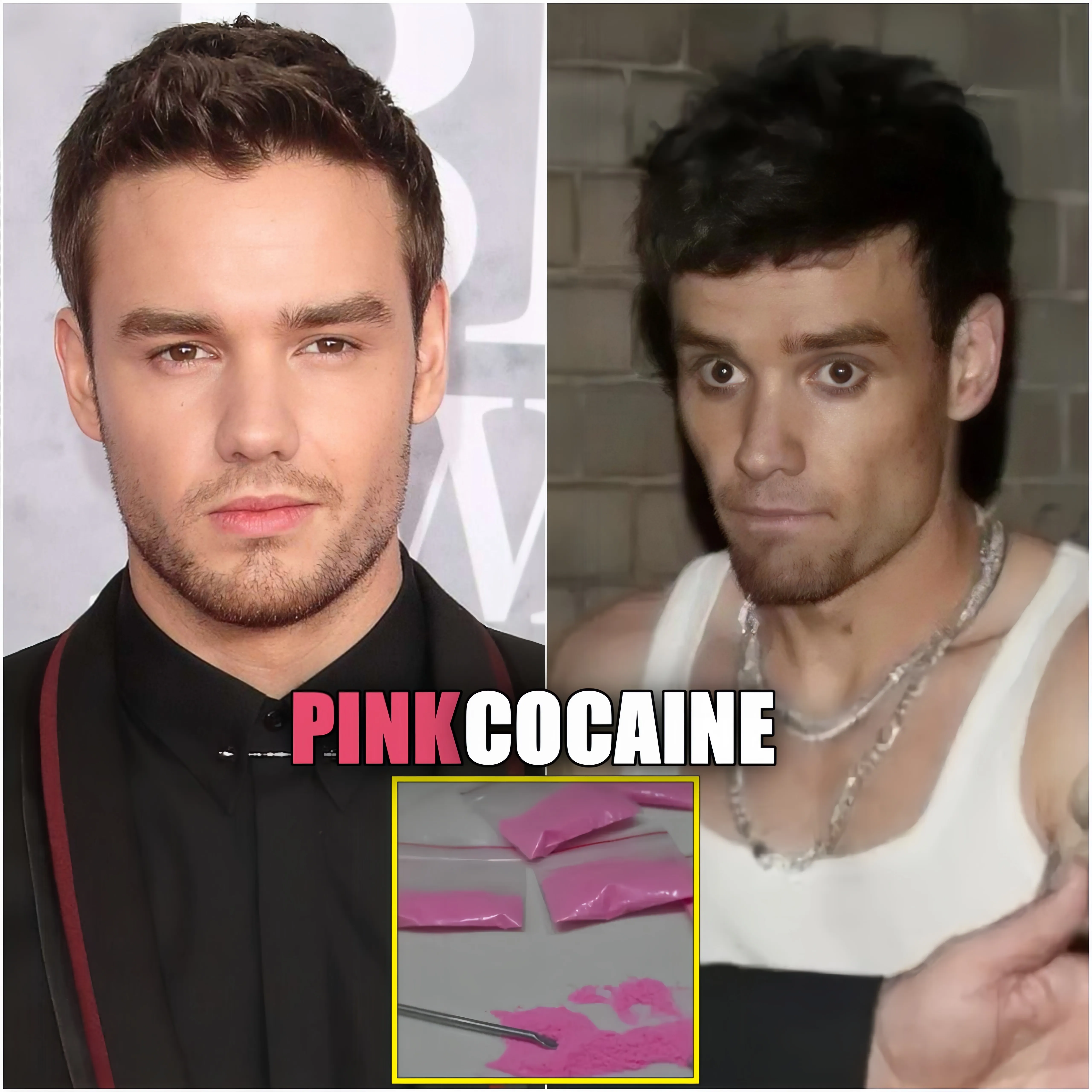
In a statement to TMZ, local authorities expressed their belief that Payne had been under the influence of a powerful substance that caused him to alternate between euphoria and deep despair. This instability may have contributed to the singer’s fatal plunge from the hotel balcony. Investigators interviewed five individuals who had visited Payne’s room earlier that night, including three hotel employees and two women, to determine whether anyone else was involved in the incident. The witnesses confirmed that they left before Payne’s fall. Two of the women admitted that they had been drinking alcohol with Payne but reported that he appeared to be in a normal state of mind during their interaction.
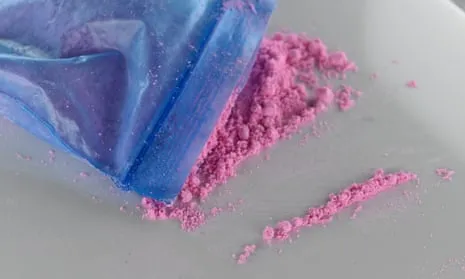

“Liam seemed perfectly fine when we left,” one of the women told investigators. “He was talking, laughing, and drinking, like a regular night out. None of us could have imagined what would happen next.” Hotel staff echoed similar sentiments, stating that nothing appeared unusual during their brief encounters with Payne. Medical examiners determined that the singer’s death resulted from severe injuries sustained during the fall, with no signs of foul play or external involvement. The absence of defensive wounds on Payne’s body led prosecutors to conclude that he may have been semi-conscious or entirely unconscious at the time of the incident.
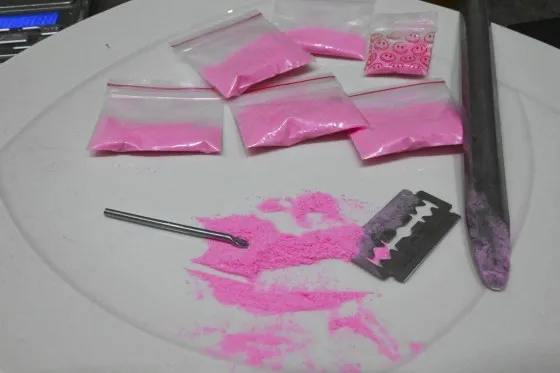
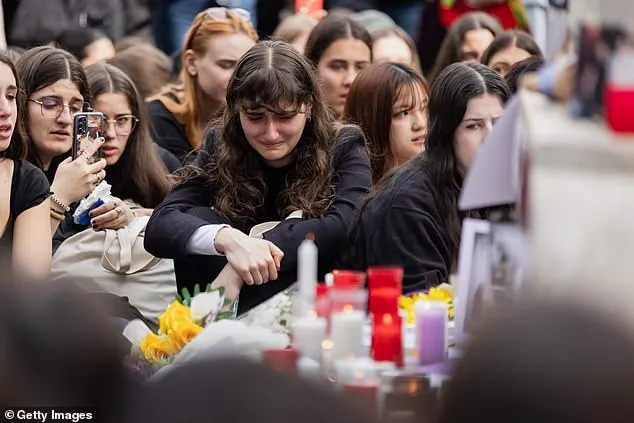
“The positioning of his body and lack of physical response suggest that Payne was not fully aware of the situation or his surroundings when the fall occurred,” an official noted. The news of Payne’s death has reignited discussions surrounding the mental health challenges faced by high-profile figures in the entertainment industry. Payne had previously been open about his struggles with anxiety, addiction, and the pressures of fame, and these revelations made the circumstances of his death even more heartbreaking for fans and supporters.

Psychologists have long warned about the emotional toll placed on public figures, highlighting the need for comprehensive mental health support. Dr. Susan Harper, a mental health expert, commented: “The combination of fame, constant scrutiny, and personal struggles can push individuals to seek unhealthy coping mechanisms. Unfortunately, these moments of vulnerability can lead to tragic outcomes if not addressed promptly.”
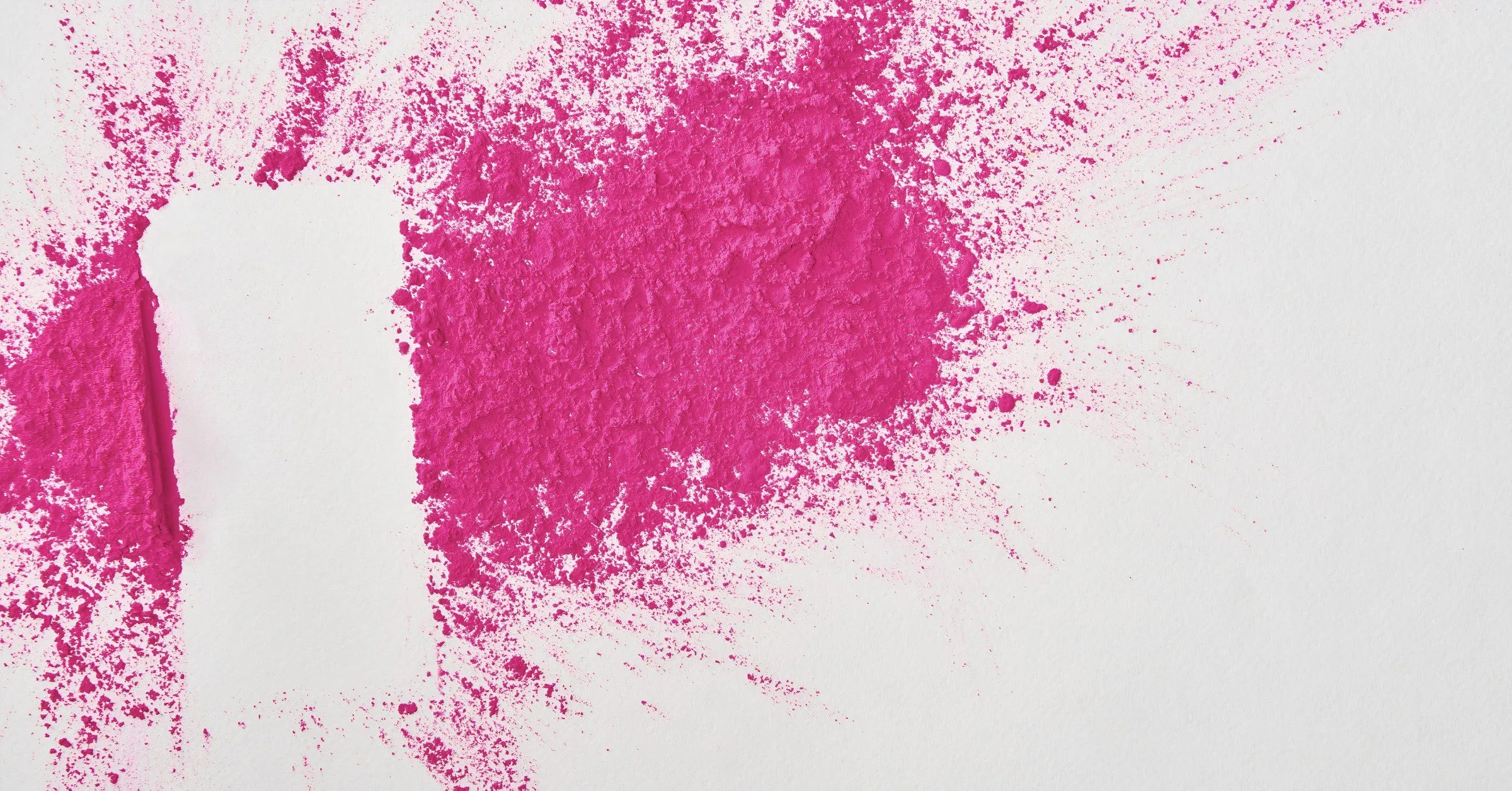

Fans and loved ones continue to share their grief across social media, honoring Payne’s legacy in music and his efforts to raise awareness about mental health. His impact as both an artist and advocate remains profound, with many hoping that his story will inspire necessary change in the entertainment industry to better support those in the public eye. As the investigation proceeds, Payne’s family has requested privacy during this difficult time. In a public statement, they shared: “We are heartbroken by Liam’s passing and grateful for the outpouring of love from around the world. Please continue to keep him in your thoughts as we process this unimaginable loss.”
The loss of Liam Payne serves as a stark reminder of the fragility of mental health and the urgent need for accessible support systems. His passing not only leaves a void in the music world but also reignites conversations about substance abuse and mental health challenges faced by artists. It is hoped that his memory will inspire others to seek help when needed and encourage the industry to take proactive steps to prevent similar tragedies. Payne’s music and advocacy will undoubtedly live on, continuing to touch lives and spark meaningful discussions about the importance of mental health.